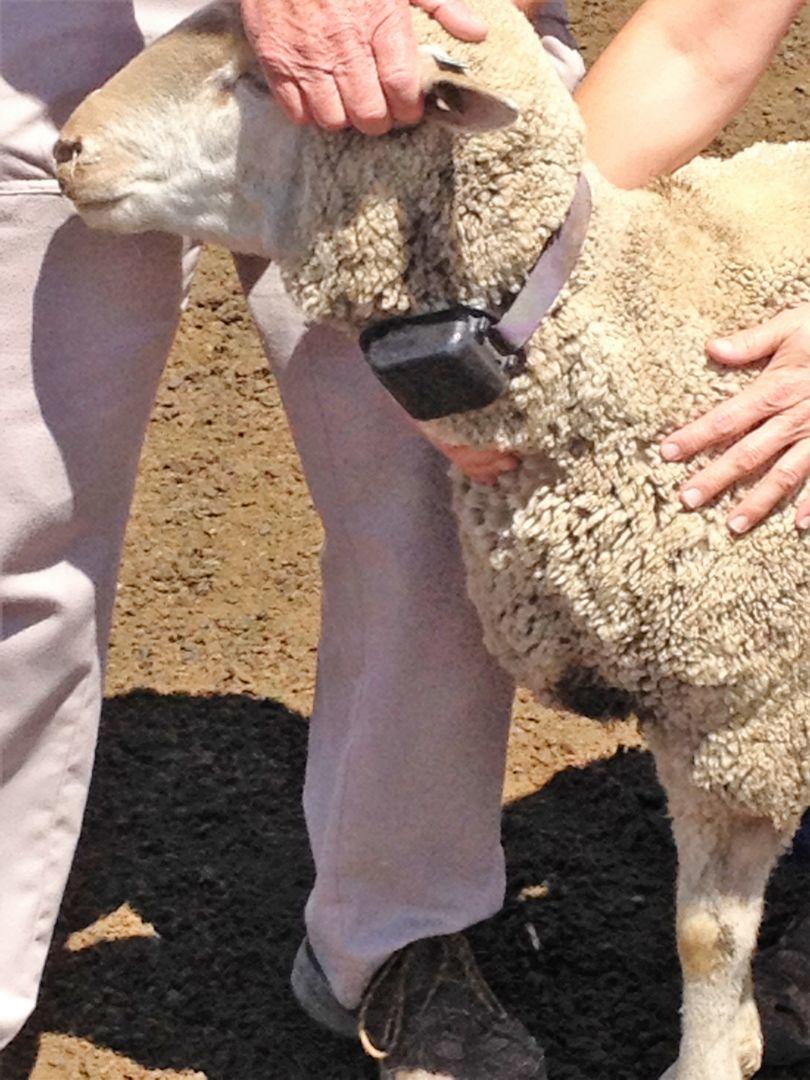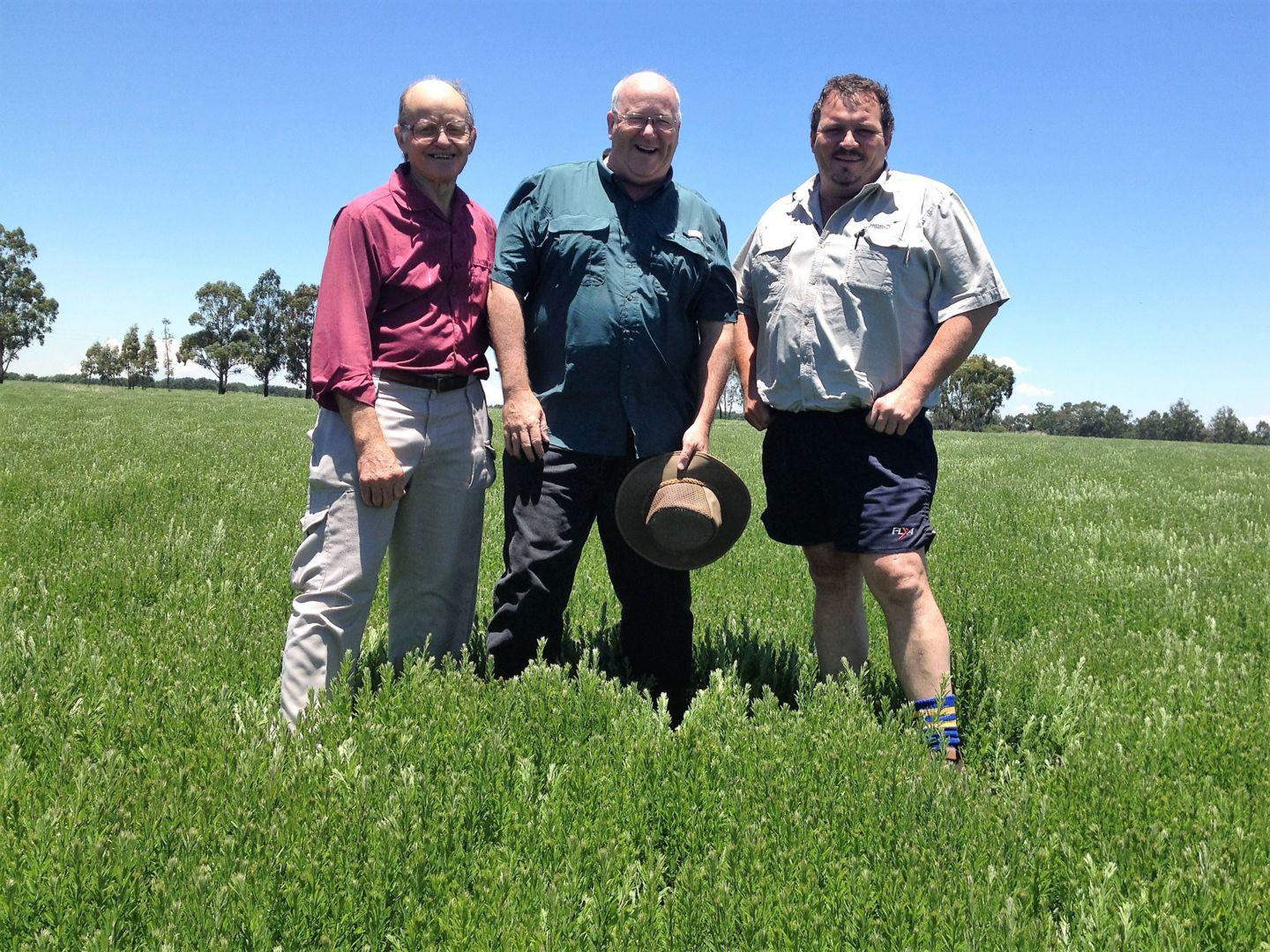Dr. Thomas Terrill, a Fort Valley State University associate professor of animal science, recently traveled to South Africa for three weeks after receiving his first assignment as a Fulbright Specialist.
Collaborating with national experts, Terrill assisted in the development of a new system that allows farmers to use their cell phones to access a decision support system for needed information to keep their animals healthy and to help grow their crops. He also spoke at a conference in Cape Town and at the University of Pretoria.
“The main part of the trip was to develop a team of scientists who are willing to seek additional funding and to identify the missing pieces so we can move forward,” Terrill said.
He explained that there are several different components needed for the system to work, including a modeler and someone to develop the model and input the data for farmers to have access to the information.
Now with a team organized, Terrill said they also collaborated with a small company called AcciTrack in Cape Town. The company developed a transponder that will hang around an animal’s neck. A field device will collect the signal from the transponder and send it to a centralized computer.
“We will be able to monitor, based on that radio signal, the location of the animals and their activity level,” Terrill said. “We can determine if an animal is sick or if it’s being chased by a predator. Software on the centralized computer will automatically analyze the information and send the farmer a warning on his cellphone.”
In addition, Terrill said farmers will have access to expert decision support.
“What this is allowing them to do is basically have a veterinarian in their pocket,” he said. “It’s a way for farmers to access expert information without someone having to go out and do it for them.” He noted most of the farmers in South Africa have cell phones and are familiar with them.

Terrill said parts of the system are already working. He and his team met with a South African farmer who is utilizing the transponders on her sheep. As the system grows, more components can be added. He is working with a group of researchers, farmers and specialists to continue developing the system. This team includes the University of Pretoria in South Africa and a computer modeler from the University of North Georgia (UNG), Gainesville campus, in addition to colleagues at the University in Bristol in England and Queen’s University of Belfast in Ireland.
“The system could really transform farmers’ ability to produce food for their children,” Terrill said. “It allows them to diagnose more problems, provide more feed and prevent the theft of animals. It’s an extension of what has been done here in the U.S. with precision agriculture.”
Terrill said as the system develops, he plans to work with Dr. Cedric Ogden, FVSU Extension engineer and assistant professor, to implement drone technology. “Once we have the model working, we have to validate it,” Terrill noted. “It has tremendous potential not just for agriculture, but eventually for human health. That’s the long-term vision.”
The Fulbright Specialist Program, established in 2001 by the U.S. Department of State, Bureau of Educational and Cultural Affairs (ECA), pairs highly qualified U.S. academics and professionals with host institutions abroad to share their expertise and to learn about other cultures while building capacity at their overseas host institutions.
For more information about the Fulbright project, contact Terrill at (478) 825-6814 or terrillt@fvsu.edu.

